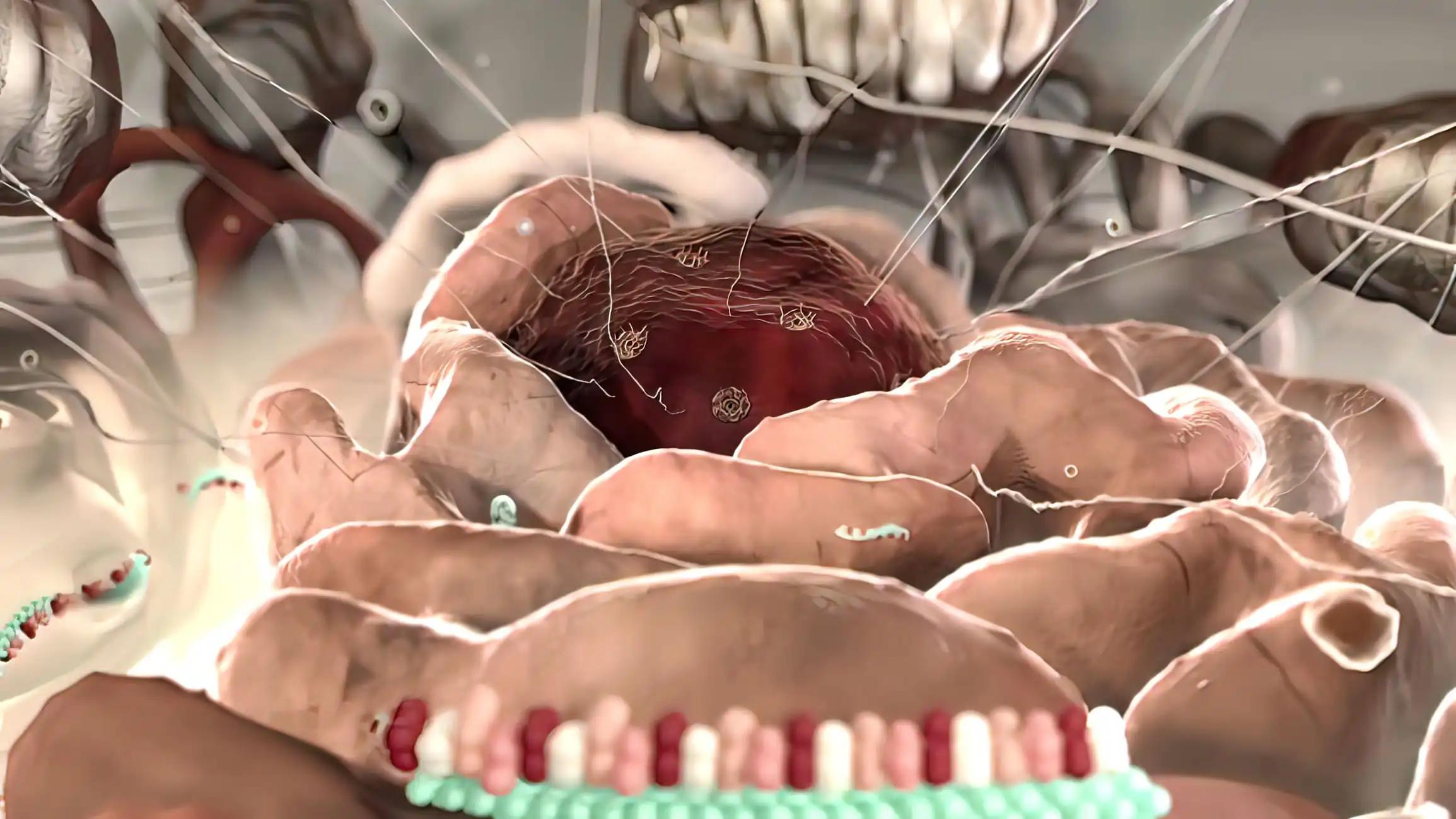KEY TAKEAWAYS
- The Phase III (NCT03123939) B2001X single-arm trial studied Pediatric/Young Adult Acute Lymphoblastic Leukemia Patients.
- The study aimed to evaluate the efficacy and safety of the drug Tisagenlecleucel in patients who had previously received two or more lines of therapy or had relapsed after prior treatment.
- The study’s primary outcome measure was the number of Adverse Events caused by the treatment (TEAEs).
- The study concluded that Tisagenlecleucel might provide an effective and non-harmful therapeutic approach for DS-ALL patients, helping them live longer, avoid stem cell transplantation, and reduce the toxicity of chemotherapy.
The B2001X Phase IIIb trial explored a therapeutic approach that is both efficient and non-harmful to treat children with down syndrome-associated ALL who acquire the disease again after treatment and, thus, have a poor prognosis.
Tisaglecleucel specifically changes the patient’s T-cells to identify and target cancer cells. In this study, the ages of participants ranged from 5 to 22; they had received two previous lines of therapy on average (range, 1-4), and four (25%) had undergone stem cell transplants before. Complete remission (CR) or CR with incomplete blood count recovery (CRi) was obtained in 14 of 16 patients (88%); minimal residual disease was negative in 12 of 14 (86%) of these patients. Six patients (43%) returned after CR between 80 and 721 days after the infusion, with a median follow-up of 13.2 months (0.5 to 49.3 months). Three of these patients were CD19-negative, and three were unidentified.
Ongoing remissions lasted six to forty-eight months in nine individuals. 16 and 14 patients, respectively, encountered any grade and grade 3/4 adverse events (AEs); 44% of these patients had grade 3/4 cytokine release syndrome, and 13% had grade 3/4 neurological events. 44% of individuals had prolonged cytopenias of grade 3/4. No cases of grade 3/4 were found. Long-term persistence and tisagenlecleucel expansion were consistent with earlier findings. Tisagenlecleucel generated high remission rates, manageable side effects, and promising long-term outcomes in pediatric/young adult patients with DS-ALL, comparable to ALL patients without DS.
The study demonstrated that tisagenlecleucel is a well-tolerated and effective treatment option for kids and young adults with Down syndrome-associated ALL. Its effects are comparable to those seen in people without Down syndrome. Tisagenlecleucel may help Down syndrome-associated ALL patients live longer, avoid stem cell transplantation, and reduce the toxicity of chemotherapy.
Source: https://www.nature.com/articles/s41375-022-01550-z
Clinical Trial:https://clinicaltrials.gov/ct2/show/NCT03123939
Laetsch, T. W., Maude, S. L., Balduzzi, A., Rives, S., Bittencourt, H., Boyer, M. W., Buechner, J., De Moerloose, B., Qayed, M., Phillips, C. L., Pulsipher, M. A., Hiramatsu, H., Tiwari, R., & Grupp, S. A. (2022). Tisagenlecleucel in pediatric and young adult patients with Down syndrome-associated relapsed/refractory acute lymphoblastic leukemia. Leukemia, 36(6), 1508–1515. https://doi.org/10.1038/s41375-022-01550-z



